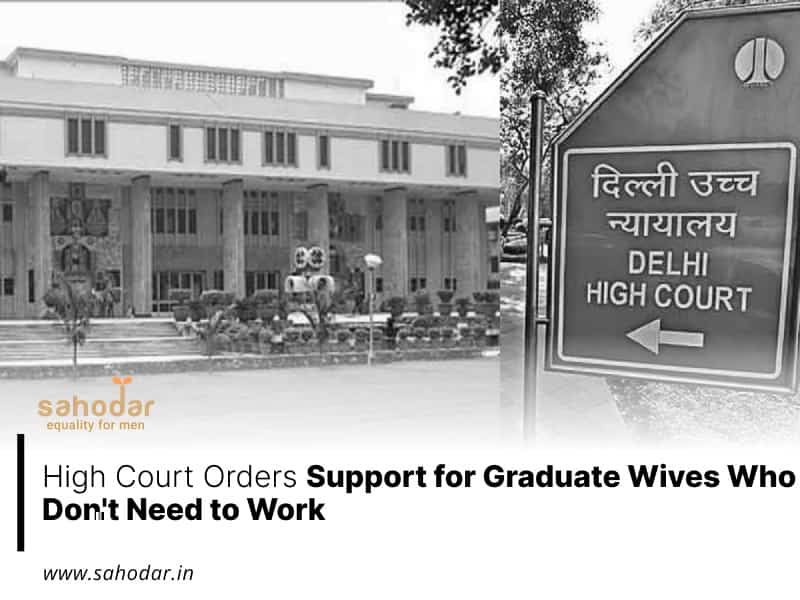The Delhi High Court recently adjudicated a case involving a petition for the reduction of monthly interim maintenance payments, seeking to decrease them from ₹25,000 to ₹15,000. The basis for this petition was the academic qualification of the petitioner, namely, possession of a B.Sc. degree. In its judgment, the court reiterated a fundamental legal principle, clarifying that the mere possession of academic qualifications, such as a B.Sc. degree, does not, by itself, impose a legal mandate for gainful employment. Additionally, the court emphatically underlined the impropriety of presuming that an individual is deliberately refraining from seeking employment with the sole purpose of securing maintenance payments from their estranged spouse.
Presiding over the case, Justice Suresh Kumar Kait acknowledged the petitioner’s graduate status while simultaneously taking cognizance of their current lack of gainful employment. Consequently, the court concluded that there existed no justifiable legal basis to modify the interim maintenance order previously established by the family court.
“No inference can be drawn that merely because the wife is holding a degree of graduation, she must be compelled to work. It can also not be presumed that she is intentionally not working solely with an intent to claim interim maintenance from the husband,” said the bench, also comprising Justice Neena Bansal Krishna, in a recent order
After a thorough and deliberate review, the court dismissed the wife’s plea for an increase in the maintenance amount. The court determined that she failed to present compelling reasons for such a modification and affirmed the fairness of the family court’s previous assessment of her and her son’s financial requirements.
In contrast, the court rescinded the daily punitive fine of ₹1,000 that had been imposed on the husband for the delayed interim maintenance payments and instead instituted an order for the husband to pay interest to the wife at a rate of 6 percent per annum for the delayed disbursement of interim maintenance.
Furthermore, the court annulled the daily penalty of ₹550 that had previously been imposed for delays in the payment of litigation expenses.

